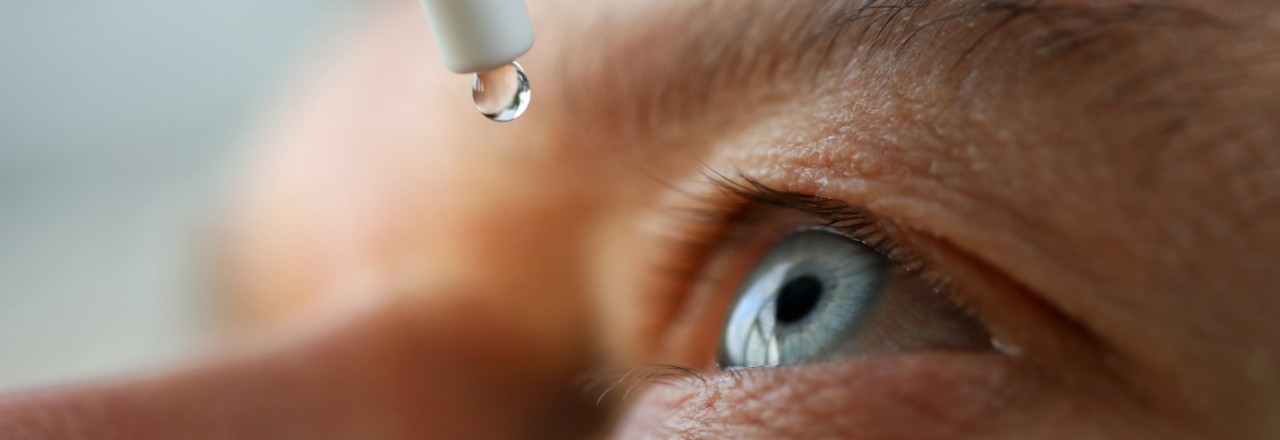How Sjögren's syndrome affects your mouth

Sjögren's syndrome is an autoimmune disorder that causes dry eyes and dry mouth. In this condition, your white blood cells start attack the glands in your body in charge of making moisture. This can cause a host of problems for your mouth.
What issues does Sjögren's syndrome cause?
- Dry mouth
- Chapped lips
- Mouth sores
- Thrush (fungal infection of the mouth)
- Frequent cavities
- Higher risk of gum disease
What are the risks of dry mouth?
Your mouth needs saliva to stay healthy and moist. Saliva helps prevent tooth decay by neutralizing acids and washing away food particles.
When you don’t have enough saliva, plaque can build up, and you’re more likely to develop cavities and gum disease.
Dry mouth can also cause sore throat, bad breath and difficulty swallowing.
What are the other effects of Sjögren's syndrome?
In most cases, the disease is not life threatening. It can, however, cause a variety of complications.
These range from uncomfortable conditions such as yeast infections to more severe issues like vision impairment, kidney dysfunction and gastrointestinal disorders.
You may also experience chronic fatigue and joint pain.
What is at risk of Sjögren's syndrome?
Although the disorder can affect anyone, it is most common among women between 40 and 50. Women are nine times more likely than men to develop the disease.
About 50% of people with Sjögren’s also have another autoimmune disorder, often rheumatoid arthritis or lupus.
What can I do if I have Sjögren's syndrome?
- Let your dentist know about your diagnosis. If necessary, your dentist can prescribe artificial saliva to relieve your dry mouth.
- Visit the dentist for regular cleanings and exams. Sjögren’s puts are at higher risk of developing cavities and gum disease. Seeing your dentist regularly can help identify dental problems early or prevent them altogether.
- Boost your fluoride intake. Fluoride can lower your risk of cavities. Your dentist may recommend a prescription fluoride toothpaste, a fluoride rinse or topical fluoride application.
- Rinse with water after eating. Swish your mouth with water after you eat to wash away food particles and bacteria.
- Use lip balms and lotions. These can relieve chapped and cracked lips.
Last updated February 3, 2022
Related articles:
The oral health information on this website is intended for educational purposes only. Always consult a licensed dentist or other qualified health care professional for any questions concerning your oral health.


